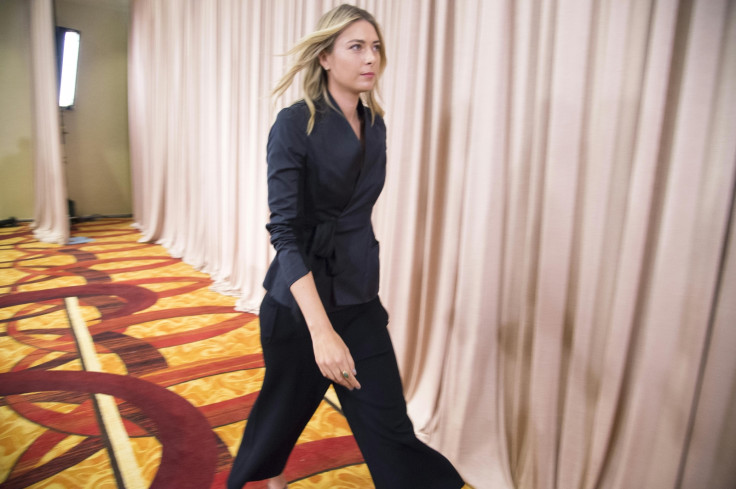Maria Sharapova files appeal against two-year meldonium ban

Maria Sharapova has filed an appeal against her two-year ban from tennis with the Court of Arbitration for Sport (CAS). Sharapova, 29, was found guilty of an anti-doping violation after testing positive for banned substance meldonium and banned by the International Tennis Federation (ITF).
A statement from CAS explained the five-time grand slam winner is hoping for the ban to be reduced or eliminated completely. Sharapova's camp have requested a decision by 18 July.
Her ban as it stands is set to run until 28 January 2018.
The statement from CAS read: "In her appeal to the CAS, Ms Sharapova seeks the annulment of the Tribunal's decision to sanction her with a two-year period of ineligibility further to an anti-doping rule violation. Ms Sharapova submits that the period of ineligibility should be eliminated, or in the alternative, reduced.
"The parties have agreed to an expedited procedure which will allow the CAS to render a decision, at the latest, on 18 July 2016. The final decision will be announced and published by CAS when it is available. It has not been decided whether or not a hearing would be held in this matter."
Immediately following the announcement of her ban, Sharapova announced through her Facebook page that she would contest the decision. The fallen superstar of women's tennis has maintained she did not intentionally violate anti-doping rules and said she "cannot accept an unfairly harsh two-year suspension."
Sharapova was provisionally suspended by the ITF on 12 March while the governing body investigated her positive test for the meldonium. The substance was added to the World Anti-Doping Agency's (Wada) banned list from the start of 2016.
Sharapova pleaded innocent at a press conference earlier in the year and claimed she was unaware the substance was now prohibited, having taken the drug for the past decade on medical grounds.
© Copyright IBTimes 2025. All rights reserved.






















